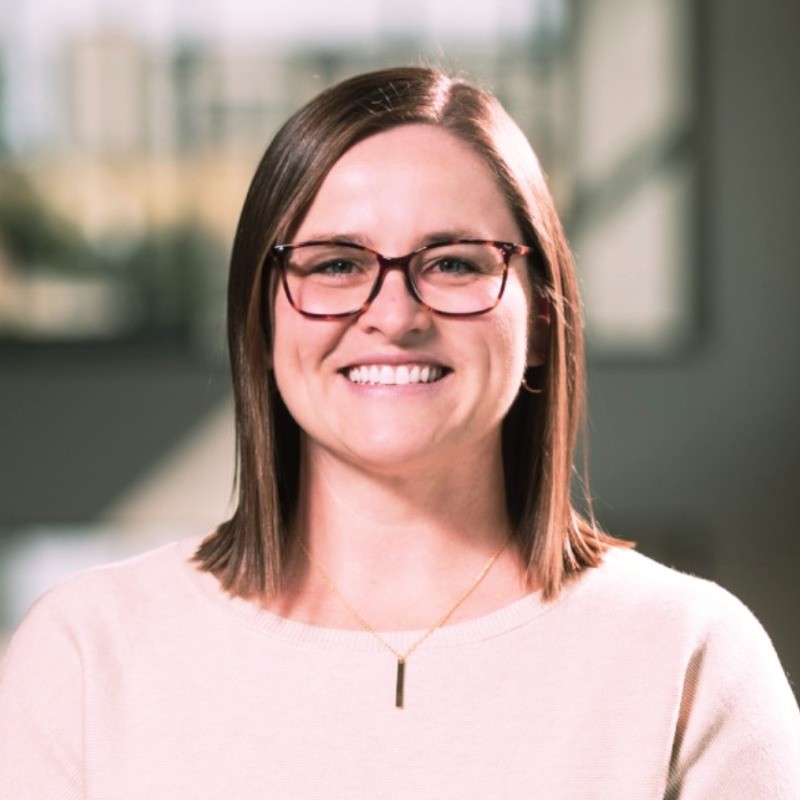As we celebrate both National Credit Union Youth Month and National Financial Capability Month (previously known as Financial Literacy Month since its inception in 2004), it’s a great time for credit unions to emphasize the importance of understanding personal finance. There’s no better time to engage in efforts to raise awareness about the importance of financial education, equip members with the knowledge and tools to make informed decisions, and ultimately help them achieve financial security. Whether it’s youth or adult-based programs and promotions, with a rapidly changing economy and the increasing complexity of financial products, understanding personal finance is more critical than ever.
We know that financial literacy is one of the most valuable member benefits offered by credit unions. Programs and education that equip members with the knowledge and skills necessary to make sound financial decisions are a key priority.
The impact of financial literacy efforts
Recently, the GoWest Credit Union Association released its Economic and Community Impact Reports for each of our six states: Arizona, Colorado, Idaho, Oregon, Washington, and Wyoming. One of the essential takeaways was the data specific to financial education.
Collectively, GoWest member credit unions provided financial education to over 273,000 adults and more than 201,000 students in grades K-12. For students, an important step in the journey to good financial health is to learn the value of budgeting and saving money at a young age. To that end, there are over 703,000 youth savings accounts with over $890 million invested across the region. Additionally, member credit unions provided over 42,000 hours of financial literacy programming to adults.
In 2023:
- In Arizona, $68 million was deposited in children’s savings accounts, and credit union teams provided 5,200 hours of free financial education to 29,000 children and adults.
- Colorado credit unions spent nearly 5,000 hours teaching free financial education to more than 46,000 children and adults, and $343 million was deposited in children’s savings accounts.
- Idaho credit unions hold $71 million in deposits in children’s savings accounts, and their teams spent 3,791 hours teaching free financial education to more than 37,000 children and adults.
- In Oregon, $127 million was deposited in children’s savings accounts, and credit union teams provided free financial education to 17,000 children and 25,285 adults.
- Washington credit union teams provided free financial education to 60,000 children and 37,000 adults, and $213 million was deposited in children’s savings accounts.
- In Wyoming, $15.4 million was deposited in children’s savings accounts, and teams provided free financial education to more than 10,000 children and adults.
In addition, through the GoWest Foundation, 151 in-person Bite of Reality financial fairs were conducted, with 23 taking place in rural communities. These interactive sessions involve real-world simulations that guide students through a day-in-the-life of an adult’s financial responsibilities. The experience helps equip them with the knowledge they need to make informed financial decisions. Last year, 14,179 high school and college students across the GoWest region gained valuable financial literacy skills through this valuable program.
Sharing impact with Congress
At March's Governmental Affairs Conference (GAC), GoWest member credit unions were armed with this rich and comprehensive impact data. The economic impact of credit unions is always a powerful tool when meeting our Congressional delegation, but humanizing the data with the stories of how credit unions serve their communities is what truly differentiates us as a movement. There’s no better way to show that impact than with the stories of how the financial education a member received at their credit union helped them:
- Get out of debt,
- Refinance high-interest loans or credit cards,
- Save for a first home,
- Encourage their children to learn good financial stewardship, and so much more.
Just a few of the many personal stories of impact included:
- “My family has been utilizing First Credit Union since before I was born. Early in life my mother set up a traditional savings and college savings account. When I turned 13, my mother signed me up for a debit card and the Mad City Money event. While at the event, I learned about budgeting and how to keep my finances in order. Alongside my mother's guidance, this event has influenced my spending habits; I was told there were three pots for money: short-term, mid-term, and long-term money. From there, I have been saving for college as well as expenses such as an apartment. I am thankful for First Credit Union in the many ways it has helped me.”—Mad City Participant and Scholarship Winner, Syndey S.
- “Bite of Reality is an exciting way to engage students in lessons on personal finance. Colorado Credit Union does a fantastic job of making the simulation not only relevant but fun and interactive,” shared Brittany Chiavini, a teacher at Columbine High School. “This is something every young person should participate in.”
- As part of our commitment to financial wellness in the communities we serve, we’ve partnered with local elementary schools to support disadvantaged and homeless students by providing essential financial literacy education. This initiative focuses on teaching children the basics of money recognition and budgeting through engaging, hands-on activities like setting up a simulated grocery store. By offering students real-life scenarios to practice with, we aim to help them build confidence in handling money and making smart financial decisions from an early age. Our goal is to empower these young minds with the foundational knowledge that will help them thrive, despite the challenges they face. (P1FCU)
- In 2023, Gesa operated 13 high school branches within 7 school districts, providing 168 students with real-world experience. Gesa donated $340,000 back to participating school districts.
- This member's journey started at a financial education workshop hosted by Numerica in September 2023. At 17, he attended the class and was inspired to take control of his financial future. As soon as he turned 18, he reached out to Numerica to open an account and learn more about budgeting, saving, and investing. Numerica guided him through setting up a checking and savings account and creating a savings plan tailored to his goals. When he started his first job, Numerica helped him open an IRA, offering advice on how to maximize his contributions. By December, he had saved over $8,000 in his IRA, thanks to ongoing support and guidance from Numerica.
- First Education Federal Credit Union is working on a series of podcasts focused on financial literacy. Topics have included responsible borrowing, credit scores, emergency fund, local economic outlook, fraud, and cybersecurity.
A wise and valuable investment
As credit unions well know, the need for financial literacy is growing. With the rise of digital banking, online investing platforms, and credit apps, members have a vast array of financial options at their fingertips. However, without a basic understanding of how money works, people may fall victim to financial pitfalls such as predatory lending, excessive debt, and scams. National Credit Union Youth Month and National Financial Capability Month serve as a reminder of the importance of starting education young, and that these problems can often be prevented by becoming better educated about personal finance.







